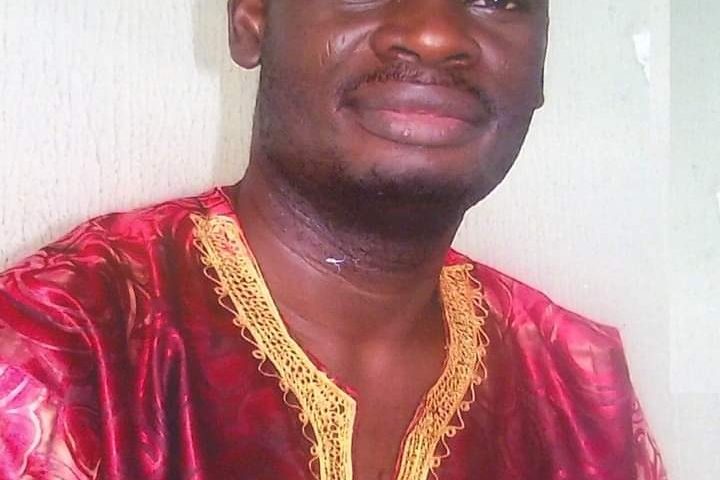Fending off widespread international criticism, Prime Minister Benjamin Netanyahu said Monday that recognizing Jerusalem as his country’s capital made peace possible, rather than distancing the prospect of an agreement with the Palestinians.
Netanyahu, as he arrived for talks with EU foreign ministers here, said the move last week by US President Donald Trump “doesn’t obviate peace; it makes peace possible, because recognizing reality is the substance of peace, it’s the foundation of peace.”
Standing next to EU foreign policy Chief Federica Mogherini at the headquarters of the European Union, he predicted that most countries on the continent would eventually recognize Jerusalem as Israel’s capital and move their embassies to the city.
“I believe that even though we don’t have an agreement yet, this is what will happen in the future,” Netanyahu said.
“I believe that all, or most, of European countries will move their embassies to Jerusalem and recognize it as Israel’s capital and engage robustly with us, for security, prosperity and peace.”
By contrast, Mogherini reiterated the union’s principled opposition to a change in Jerusalem’s status before a comprehensive peace agreement.
During her brief joint media address with Netanyahu, she said that “the only realistic solution to the conflict between Israel and Palestine is based on two states with Jerusalem as the capital of both.”
She also condemned “all attacks on Jews everywhere in the world,” alluding to a number of incidents targeting Jews amid protests of Trump’s declaration.
“Let me condemn in the strongest possible way all attacks on Jews everywhere in the world, including in Europe, and on Israel and on Israeli citizens,” Mogherini said ahead of an informal breakfast meeting between Netanyahu and the 28 EU foreign ministers.
The worst that can happen now, she added, “is an escalation of tensions, of violence, first of all around the holy places but also in the region and beyond.”
Turning to the peace process, she said, “We believe it is in Israel’s interest, especially its security interest, to find a sustainable and comprehensible solution to the Israeli-Palestinian conflict, This is why the European Union will increase its work… to relaunch the peace process, even if it seems [that these are] difficult times.”
Netanyahu, for his part, blamed the Palestinians for the stalled peace negotiations.
Israel has been extending its hand in peace to the Palestinians for 100 years, since well before there was a State of Israel or West Bank settlement, he asserted, but they were never willing to accept a Jewish state in any boundaries.
“This is what led to the conflict, and this is what continues the conflict,” he said. “You see that in the continuous denial, unfortunately, by the Palestinians of Israel’s right to exist as a Jewish state, and the denial of Jewish history.”
Netanyahu added, “For 3,000 years, Jerusalem has been the capital of the Jewish people, established by King David, well documented in the history of the Bible and the aftermath, when Jews in the ghettos of Europe whispered, ‘Next year in Jerusalem, next year in Jerusalem.’”
Since then, various United Nations forums have passed “laughable decision that seek to deny history and seek to deny historical truth,” he continued.
The fact that Jerusalem is Israel’s capital is “clearly evident to all of you who visit Israel” and see it is the seat of government, Netanyahu said.
He also spoke to an emerging US peace plan — one the Palestinians have indicated they will back out of in the wake of Trump’s declaration.
“I think we should give peace a chance,” he said. “I think we should see what is presented and see if we can advance this peace.
“ But if we have to begin it, I would say it is one place: Recognize the Jewish state. It’s always been about the Jewish state. And it’s time the Palestinians recognize the Jewish state and also recognize the fact that it has a capital. It’s called Jerusalem.”
After a brief meeting with Mogherini, Netanyahu breakfasted with senior European Union officials and the foreign ministers of all 28 member states in Brussels, the first such meeting in over 20 years.
He was originally also set to meet European Commission President Jean-Claude Juncker, but the meeting was canceled due to time constraints, Israeli officials said.
Source: Times of Israel





